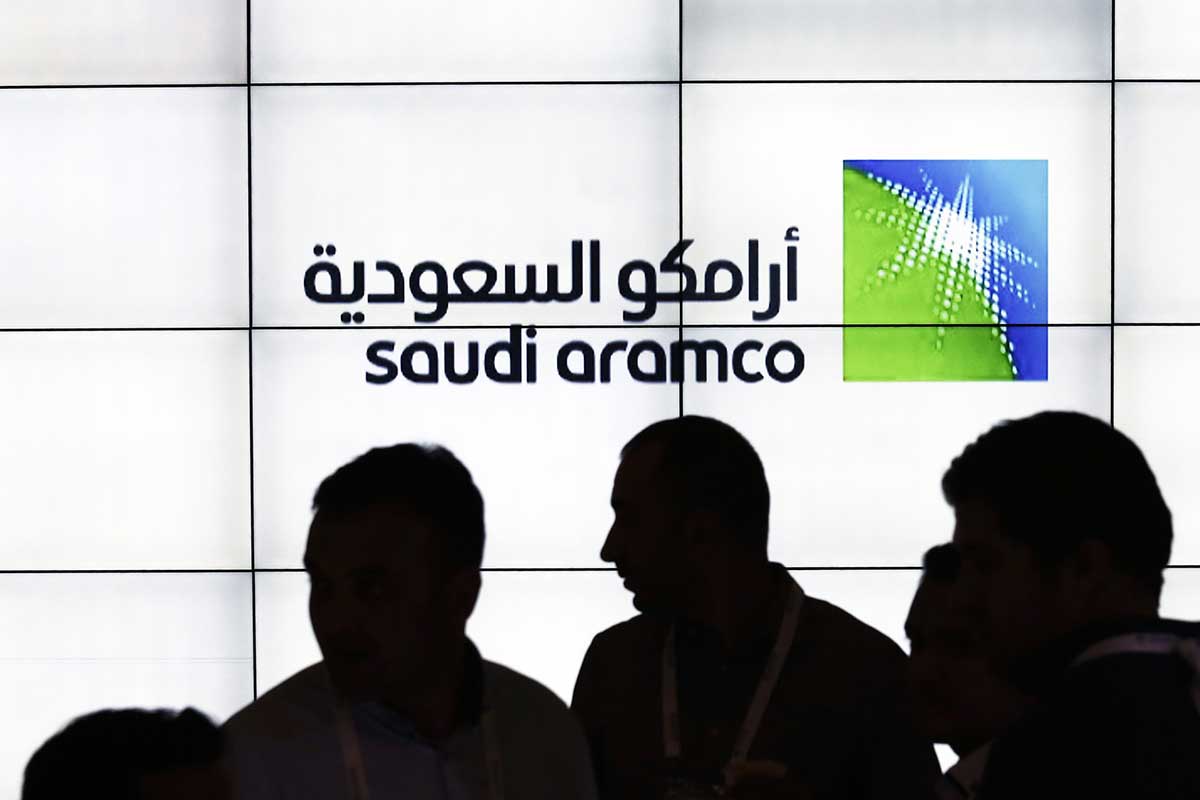The Saudi government's coffers are set to receive a significant windfall from the recent secondary offering of shares in Saudi Aramco, the world's largest oil producer. Initial proceeds from the sale have already reached $11. 2 billion, and that figure could climb to $12. 3 billion if additional allotments are exercised.
This windfall comes at a critical time for the Saudi government, which is working to diversify its economy away from its historic reliance on oil revenue. The funds from the Aramco offering will provide much-needed capital for investment in renewable energy, infrastructure development, and other non-oil sectors.
The Aramco secondary offering was met with strong investor demand, reflecting continued confidence in the company's long-term prospects. The offering also served to broaden Aramco's shareholder base, introducing a new wave of institutional investors to the company.
The Saudi government's decision to sell additional Aramco shares is part of a broader economic reform plan known as Vision 2030. This ambitious plan aims to transform the Saudi economy into a more diversified and knowledge-based one. The Aramco offering is seen as a key milestone in achieving these goals.
The Aramco secondary offering is also expected to have a positive impact on the Saudi stock market. The influx of new investors into Aramco is likely to boost liquidity in the market and attract further investment. This could help to raise the profile of the Saudi stock market and make it a more attractive destination for international investors.
Looking ahead, the success of the Aramco secondary offering is likely to pave the way for further privatization initiatives in Saudi Arabia. The government is considering selling shares in other state-owned assets, such as Saudi Arabian Airlines and the Saudi Electricity Company. These privatizations could generate additional revenue for the government and further promote economic diversification.
However, some analysts have expressed concerns about the potential impact of the Aramco offering on the company's future strategy. They argue that the government's need to generate short-term revenue could lead to a focus on short-term production targets at the expense of long-term investment in research and development.
Despite these concerns, the Aramco secondary offering is widely seen as a positive development for the Saudi government and the country's economy. The proceeds from the offering will provide much-needed capital for investment in diversification projects, while the broader participation of international investors is likely to boost liquidity in the Saudi stock market. The success of the offering is also expected to encourage further privatization initiatives, which could play a key role in transforming the Saudi economy in the years to come.

